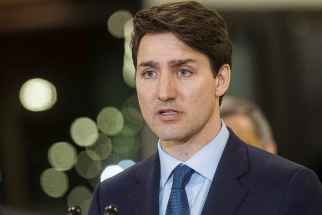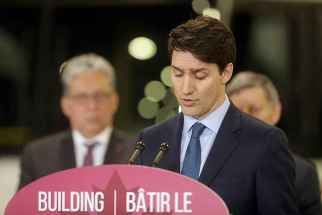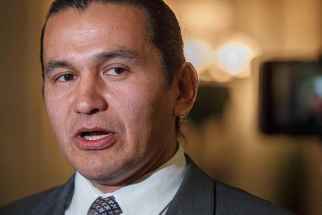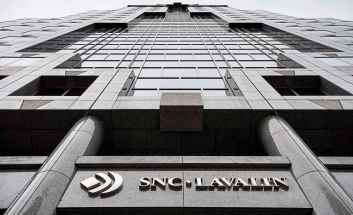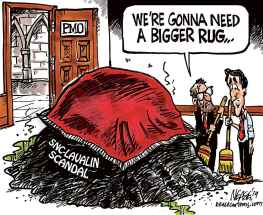Mayor urged to bypass province on safe-consumption site
Read this article for free:
or
Already have an account? Log in here »
To continue reading, please subscribe:
Monthly Digital Subscription
$0 for the first 4 weeks*
- Enjoy unlimited reading on winnipegfreepress.com
- Read the E-Edition, our digital replica newspaper
- Access News Break, our award-winning app
- Play interactive puzzles
*No charge for 4 weeks then price increases to the regular rate of $19.00 plus GST every four weeks. Offer available to new and qualified returning subscribers only. Cancel any time.
Monthly Digital Subscription
$4.75/week*
- Enjoy unlimited reading on winnipegfreepress.com
- Read the E-Edition, our digital replica newspaper
- Access News Break, our award-winning app
- Play interactive puzzles
*Billed as $19 plus GST every four weeks. Cancel any time.
To continue reading, please subscribe:
Add Free Press access to your Brandon Sun subscription for only an additional
$1 for the first 4 weeks*
*Your next subscription payment will increase by $1.00 and you will be charged $16.99 plus GST for four weeks. After four weeks, your payment will increase to $23.99 plus GST every four weeks.
Read unlimited articles for free today:
or
Already have an account? Log in here »
Hey there, time traveller!
This article was published 12/02/2019 (2493 days ago), so information in it may no longer be current.
The Manitoba NDP is pushing Mayor Brian Bowman to consider sidestepping the provincial government to obtain federal permission to open a safe-consumption site in Winnipeg to deal with the city’s meth crisis.
Last fall, federal Health Minister Ginette Petitpas-Taylor said Ottawa would allow municipalities and non-profits to apply for exemptions from provincial rules barring safe-consumption sites.
In an interview with the Globe and Mail, which first reported on the federal policy shift, Petitpas-Taylor said the move was aimed at preventing overdoses amid a national opioid crisis, based on evidence that “supervised-consumption sites save lives.”
Manitoba NDP leader Wab Kinew met with Bowman last week to discuss various city-provincial issues, including how meth use has ravaged Winnipeg.
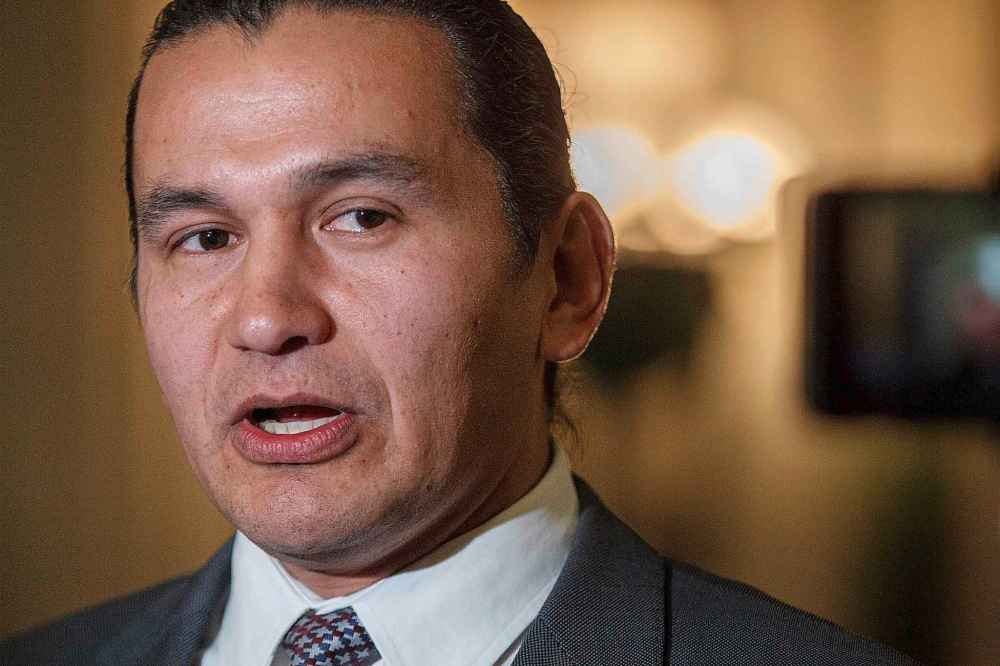
Kinew said the meeting was “productive” and Bowman was open to hearing about the safe-consumption site proposal, though the mayor wouldn’t commit to the idea.
“I don’t want to speak for the mayor, but I think I can probably share that I think he has a desire to pursue whatever kind of action is going to help to reduce the addictions crisis in Winnipeg. So we had a lot of shared interest there,” Kinew said in an interview Tuesday.
Safe-consumption sites – which exist in other Canadian cities like Vancouver, Calgary and Toronto – allow people to inject, inhale or otherwise consume illegal drugs with medical supervision, in an attempt to prevent fatal overdoses. They are commonly referred to as safe injection sites.
Bowman’s press secretary, Jeremy Davis, responded to questions about Kinew’s proposal for a safe-consumption site by email. He noted the mayor has been more focused on supporting increased capacity for mental health and addictions treatment city-wide.
"In that meeting (with Kinew), Mayor Bowman outlined that the delivery of health services remains a provincial responsibility but that the Mayor is supporting the work of the ongoing tri-government Illicit Drug task force," Davis wrote, referring to a group struck by city, provincial and federal officials in December.
The task force pledged to bring recommendations forward in June that will tackle the distribution of illicit drugs and address the root causes of the province’s meth problems.
"While Mayor Bowman is not actively seeking to establish safe consumption sites in Winnipeg, he has not been opposed to them," Davis said.
"His position has consistently been that decisions surrounding their establishment in Winnipeg should be guided by scientific and clinical evidence and not partisan ideology."
The provincial government has repeatedly denied that Winnipeg needs a safe-consumption site, but also said it wouldn’t take any ideas off the table when it comes to fighting Manitoba’s meth problem.
Premier Brian Pallister has made clear his concerns about safe-consumption sites, saying he personally doesn’t like them, but the province will weigh all its options.
"My opinion was they’re a magnet for drug dealers and they’re dangerous in many respects, and there are many other initiatives we’ve taken and will be taking to address this issue because it is a serious concern," the premier said in December.
Kinew said the “evidence is becoming clearer and clearer” that a safe-consumption site would be a necessary step in a multi-pronged approach to “turn the addictions crisis around” in the province.
“And it seems to me, you’ve got a federal government that’s willing to take action… So there’s the opportunity for a city like Winnipeg to move on this and it just highlights the lack of leadership from the provincial government,” he said.
Public opinion seems to be in favour of the controversial sites, according to a Probe Research poll conducted for the Free Press in July.
!function(e,t,s,i){var n=”InfogramEmbeds”,o=e.getElementsByTagName(“script”)[0],d=/^http:/.test(e.location)?”http:”:”https:”;if(/^/{2}/.test(i)&&(i=d+i),window[n]&&window[n].initialized)window[n].process&&window[n].process();else if(!e.getElementById(s)){var r=e.createElement(“script”);r.async=1,r.id=s,r.src=i,o.parentNode.insertBefore(r,o)}}(document,0,”infogram-async”,”https://e.infogram.com/js/dist/embed-loader-min.js”);
The poll asked 600 Manitoba adults whether they approved of a safe-injection site opening in Winnipeg. Sixty-nine per cent of people surveyed were generally in favour of the idea, while 31 per cent were generally opposed.
—With files from Aldo Santin
jessica.botelho@freepress.mb.ca
Twitter: @_jessbu






